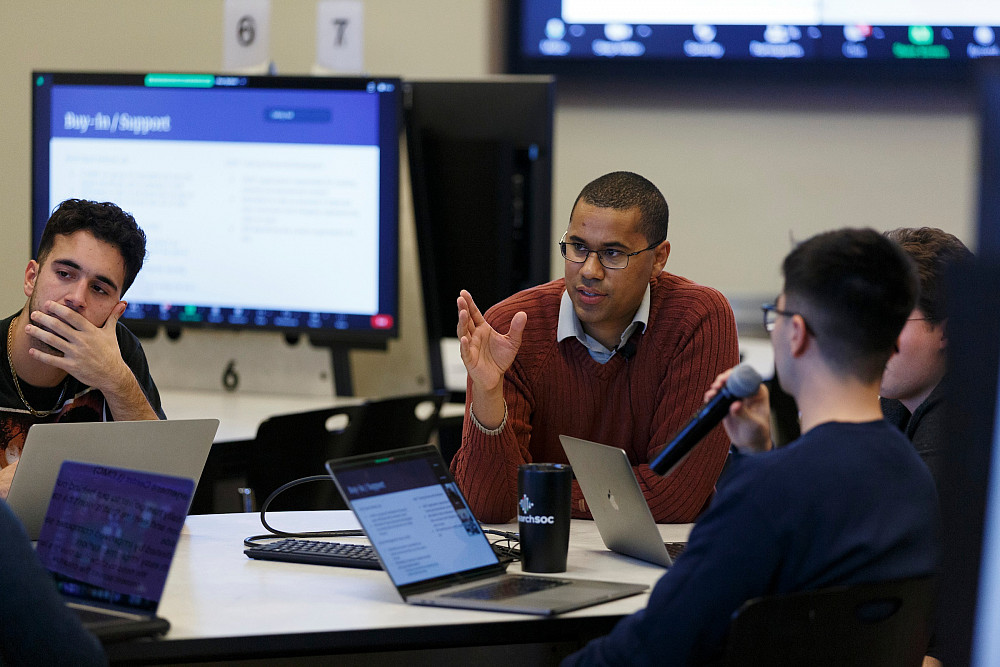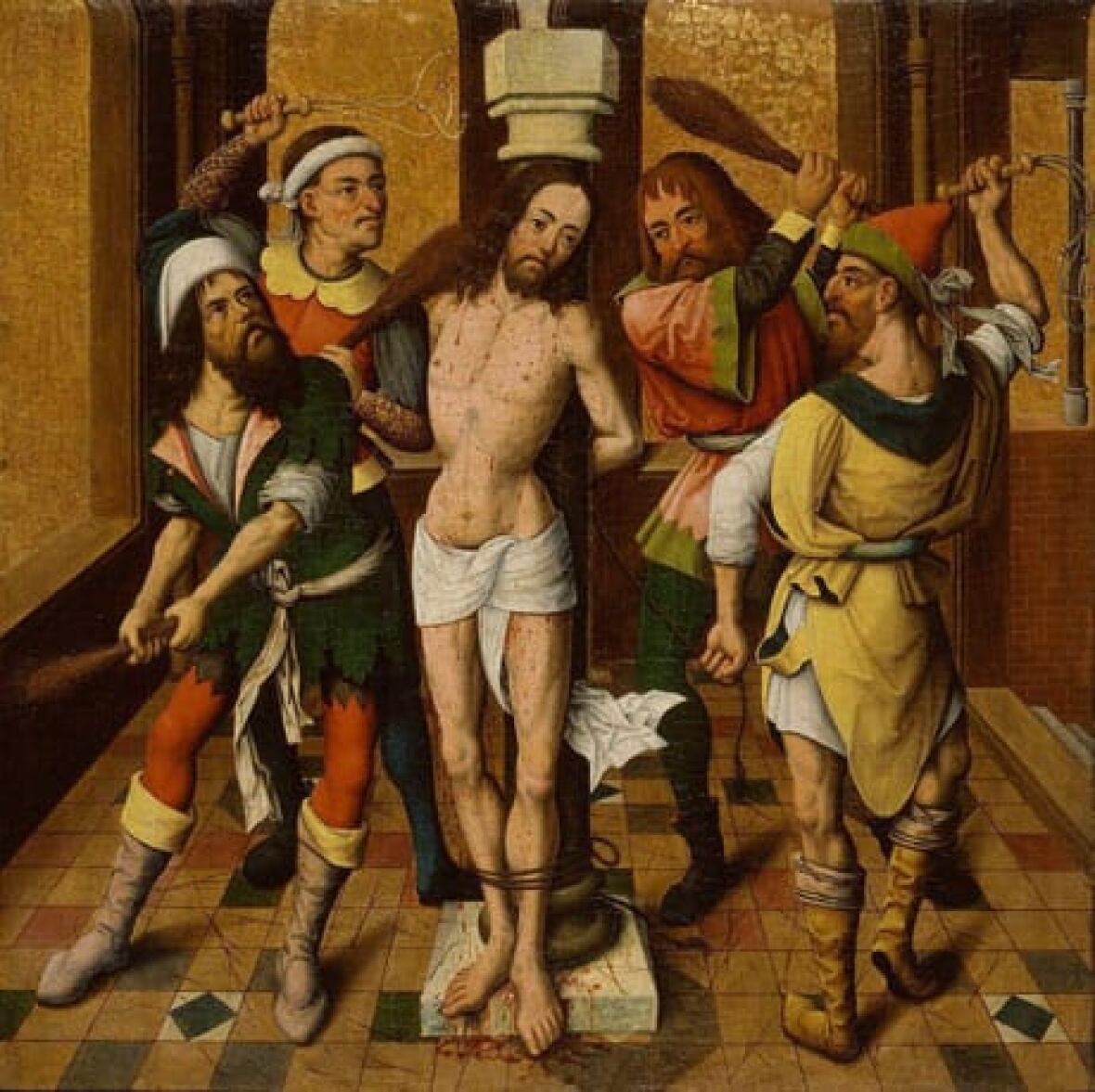Teaching the EU Worksop
The Teaching the EU Workshop Project is an ongoing initiative hosted by the Institute for European Studies (EURO) to support educators in integrating European Union topics into their classrooms. The first workshop, held in November 2024, brought together educators from diverse backgrounds to explore innovative methods for teaching about the EU. Participants developed practical teaching strategies, shared best practices, and collaborated on lesson plans aimed at enhancing global education.
This three-year project will continue with two additional workshops in 2025 and 2026, further expanding its reach and impact. Designed to support educators across all grade levels, the workshops equip participants with valuable tools and resources to incorporate EU-focused content into their curricula effectively. By fostering collaboration among educators and advancing global education practices, the Teaching the EU Workshop Project ensures a broader understanding of the European Union’s significance in a globalized world.




